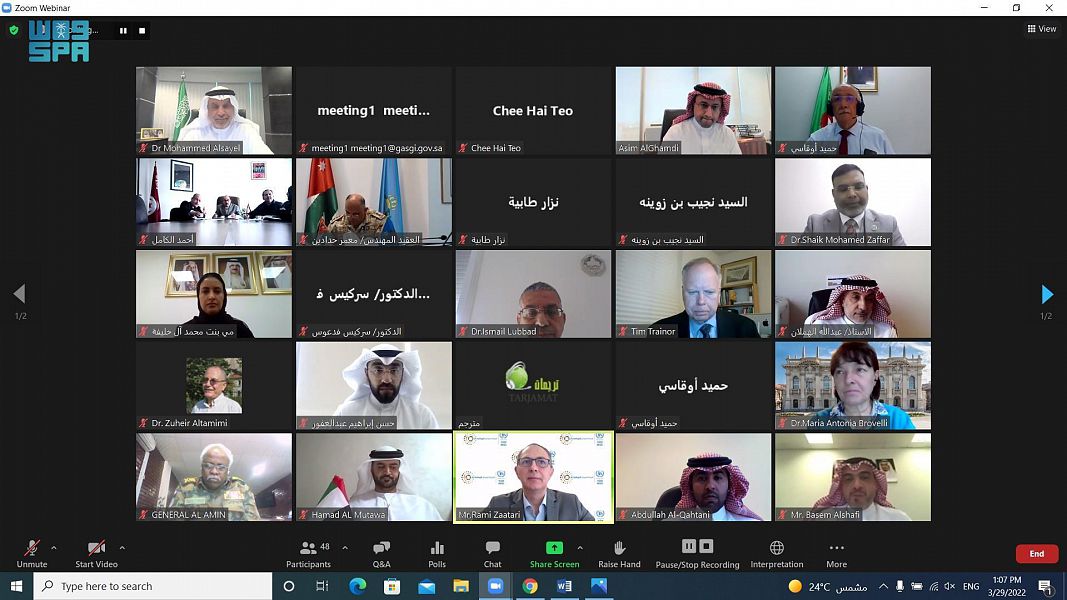
RIYADH — Saudi Arabia has recently hosted a consultative roundtable to discuss the establishment of a UN-proposed advisory body tasked to lead all artificial intelligence efforts.
The meeting, which was held in a consultative capacity, was part of the Global AI Summit’s agenda in Riyadh. It involved preliminary discussions on the feasibility of forming a consultation body for the United Nations to promote the use of reliable, safe, and sustainable artificial intelligence technologies, in a way that supports human rights and achieves peace and prosperity.
Saudi Arabia is a contributing member in these discussions that will feature an advisory phase prior to the proposed formation of the UN body.
UN Secretary-General Antonio Guterres had previously talked about a UN-developed roadmap for digital cooperation in the form of a report and announced his intention to start discussions on forming an advisory body that includes various stakeholders to lead global cooperation in the field of artificial intelligence.
UN advisory bodies usually consist of member states, relevant UN institutions, interested companies, academic institutions, and civil society organizations. It is the responsibility of each member to provide knowledge and ideas on specialized topics of interest and to reach a common agreement on the shared priorities as well as the proposed recommendations.
The UN roadmap for digital cooperation revealed a gap in the international coordination, cooperation, and governance of artificial intelligence, despite the great interest in technology among various stakeholders around the world.
The UN report highlights the need for more discussions about AI, particularly with regard to ethical and moral concerns, including risk avoidance of machines making life and death decisions. The report also acknowledged the lack of representation and inclusiveness in global discussions on artificial intelligence, as well as the need for more coordination to ensure that all countries can access current AI-related initiatives.
The report indicated that government sectors would benefit from additional capabilities and expertise to develop AI technologies and to explore areas of national management for the use of such technologies.
The meeting also witnessed several valuable insights from the participating countries, including Saudi Arabia, the United Arab Emirates, Singapore, and Ethiopia.
The expert consultation session started with opening remarks from Yu Ping Chan, a senior program officer at the office of the undersecretary-general and the special adviser for the secretary-general for establishing an AI advisory body.
The session involved prominent speakers including Dr. Mishari Al-Mishari, the deputy director at Saudi Arabia’s National Information Center, Dr. Bruce Walker Ferguson, the president of the American University of Iraq, Sulaimani (AUIS) and Dr. Adrian Weller, the program director for AI at the Alan Turing Institute and Turing Fellow.
Dr. Mishari Al-Mishari said: “It’s unlikely to separate between data and AI as data is the fuel and AI is the engine”.
Dr. Bruce Walker Ferguson discussed how AI can help in offering a cheaper and more efficient educational experience.
Dr. Adrian Weller explained how everyone needs to be engaged with AI because these technologies will affect everybody, and therefore, they need to prepare for the changes ahead.










